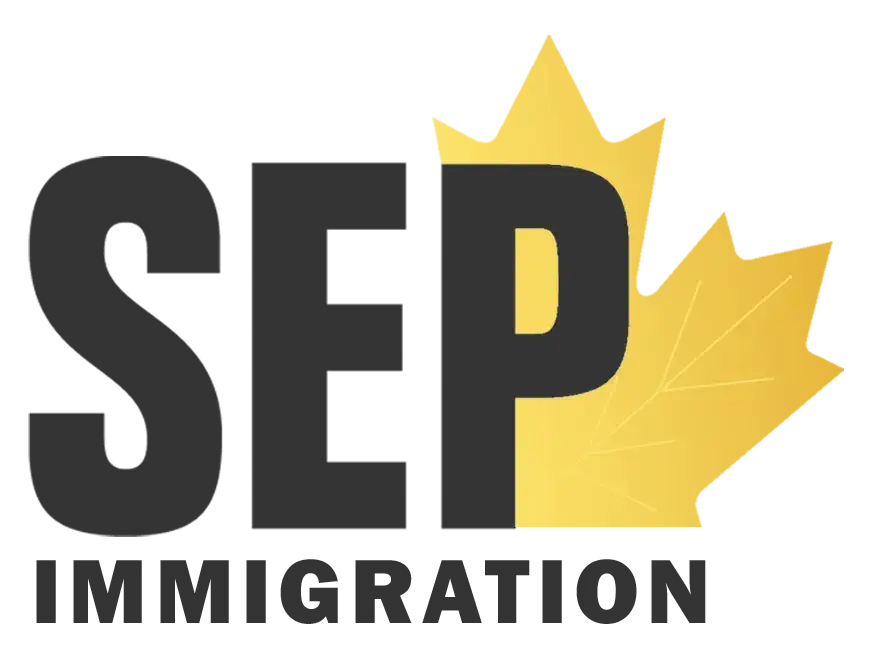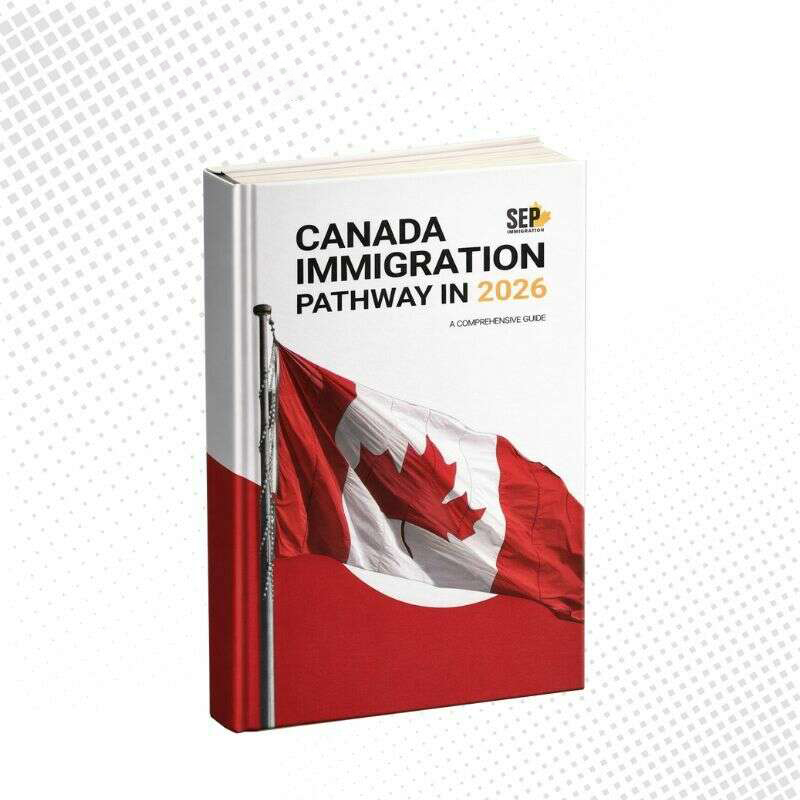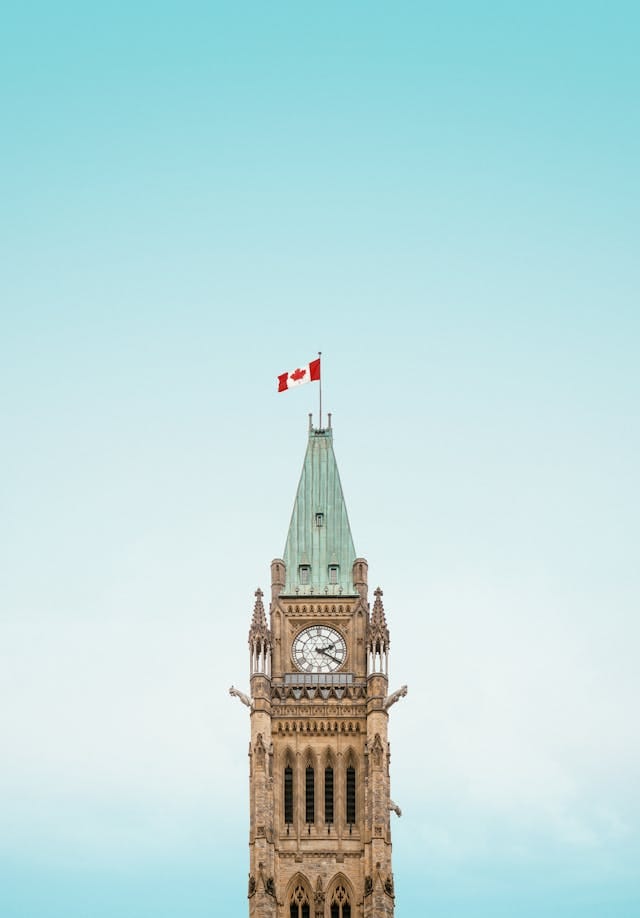The Parents and Grandparents Program (PGP) is a pathway for Canadian citizens and permanent residents to bring their parents and grandparents to Canada as permanent residents.
This program underscores family reunification, which is a cornerstone of Canada’s immigration policy. Given the high demand for this program, Immigration, Refugees, and Citizenship Canada (IRCC) manages applications using a lottery system, making it essential to understand the process and requirements thoroughly.
Table of Contents
ToggleWho Can Sponsor Their Parents or Grandparents Under the PGP?
To be eligible to sponsor your parents or grandparents under the PGP, you must meet specific criteria:
- Age and Residency: You must be at least 18 years old and live in Canada.
- Status in Canada: You need to be a Canadian citizen, a permanent resident, or a person registered as an Indian under the Canadian Indian Act.
- Income Requirements: You must meet the minimum necessary income (MNI) for each of the three consecutive tax years before applying.
This income can be combined with your spouse or common-law partner if they co-sign the application.
For the 2024 intake, IRCC assesses income from 2021, 2022, and 2023. Quebec residents must meet the provincial income requirements assessed by Quebec’s immigration ministry.
- Undertaking Agreement: You must sign an undertaking, agreeing to support the sponsored individuals financially for 20 years (or 10 years if you live in Quebec). This includes providing for their basic needs like food, clothing, and shelter.
To apply for the PGP in 2024, you must have submitted an Interest to Sponsor form in 2020 and received an invitation. Only those selected through the lottery process are eligible to apply.
What Is the Process for Applying for Parents and Grandparents Sponsorship?
The PGP application process is detailed but manageable if you follow each step carefully:
- Interest to Sponsor Submission: The process starts with submitting an Interest to Sponsor form during the designated period. For the 2024 intake, this pool was drawn from those who submitted the form in 2020.
- Invitation to Apply: IRCC randomly selects potential sponsors from this pool and sends out invitations. For 2024, 35,700 individuals were invited to meet the target of 20,500 complete applications.
- Document Gathering: Once invited, gather all necessary documents. This includes proof of income, identity documents, and additional forms requested by IRCC. Make sure to have the Invitation to Apply letter, which is crucial for this process.
- Online Application Submission: Complete and submit the application online through the Permanent Residence Portal. This step involves filling out several forms for both the sponsor and the individuals being sponsored.
For a comprehensive view on the documentation needed, our Relative Sponsorship page provides insights into the types of papers required for various relatives.
The sponsor needs to complete forms like the Application to Sponsor and Financial Evaluation forms, while the principal applicant fills out forms like the Generic Application Form for Canada.
- Paying the Fees: Pay the required fees, which vary depending on the number of people being sponsored and their relationship to you. Payment should be done online, and it’s advisable to pay the right of permanent residence fee upfront to avoid delays.
- Application Review: Review the application for completeness. Incomplete applications are returned, so ensure all sections are filled out correctly and all documents are included. This includes validating forms and providing translated documents if necessary.
- Submit the Application: Submit the complete application package online by the deadline stated in your invitation to apply letter. Late or incomplete submissions will result in the application being returned without processing.
Processing times for these applications are approximately 24 months, but they can extend up to 50 months for Quebec residents due to additional provincial requirements. It’s crucial to follow each step carefully to avoid delays.
Requirements for the Sponsored Parents and Grandparents
Sponsored parents and grandparents must meet certain requirements to be eligible for permanent residence:
- Medical Examination: They must undergo a medical exam to ensure they don’t have a health condition that could pose a risk to public health or safety. This is a standard requirement for all permanent resident applicants.
- Security and Criminal Checks: Sponsored individuals must pass background checks to ensure they do not have a criminal record or pose a security threat to Canada. This involves providing police certificates from each country where they have lived for six months or more since the age of 18.
- Provision of Documents: All necessary documents, such as valid passports, birth certificates, and marriage certificates, must be provided. This includes evidence of the relationship to the sponsor, like birth certificates showing the familial connection. It’s also important to provide translations of documents that are not in English or French, along with affidavits from translators if required.
- Biometric Information: They may need to provide biometric information (fingerprints and a photo) as part of the application process. This involves visiting a biometric collection service point after receiving the biometric instruction letter from IRCC.
Failing to meet these requirements could result in the application being refused, so it’s crucial to ensure all criteria are satisfied. The entire process emphasizes thoroughness and accuracy in presenting personal and legal documents.
What Are the Processing Fees to Apply Under the PGP?
The cost of applying for parents and grandparents sponsorship under the PGP includes several fees:
- Sponsorship and Processing Fees: The primary applicant’s fees include an $85 sponsorship fee and a $545 processing fee, totaling $630. If you choose to pay the right of permanent residence fee at the same time, the total is $1,205. This covers the processing of the application and grants permanent residence status upon approval.
- Including a Spouse or Partner: If the sponsored parent or grandparent has a spouse or partner who will be included in the application, the processing fee is $635, with an additional $575 for the right of permanent residence, totaling $1,210. Without the right of permanent residence fee, it’s $635. This fee covers the assessment and granting of permanent residence to the accompanying spouse or partner.
- Dependent Children: Including a dependent child costs $175 per child. This fee ensures that all dependent children are included in the application and assessed for permanent residence.
- Biometrics Fees: Biometrics fees are $85 per person or $170 for a family applying at the same time and place. This fee covers the cost of collecting and processing biometric information, which is a requirement for most applicants.
These fees must be paid online during the application process, and only online payments are accepted. It is advisable to pay the right of permanent residence fee upfront to avoid delays later in the process.
Overpayments will be refunded automatically, but failing to pay the correct fees initially can result in the application being returned unprocessed.
PGP Yearly Application Targets
Due to the high demand for the PGP, IRCC has set yearly application targets. The lottery system ensures fairness, allowing all interested sponsors an equal chance to be selected:
- 2024 Intake: In 2024, the target is to accept 20,500 complete applications. To achieve this, IRCC invited 35,700 individuals from the 2020 Interest to Sponsor pool. This approach aims to balance demand with the available processing capacity.
- 2023 Admissions: In 2023, IRCC welcomed 28,285 parents and grandparents as permanent residents, showing the program’s commitment to family reunification. The number of admissions is set to increase, with a goal of 32,000 in 2024 and 34,000 in 2025.
- Future Targets: The growing targets reflect Canada’s ongoing dedication to family reunification, recognizing the importance of supporting families in their transition to life in Canada. By gradually increasing the number of admissions, IRCC aims to make the program more accessible while managing the high demand.
IRCC uses a random selection model to manage the overwhelming demand, ensuring a transparent process. This method ensures that everyone who expresses an interest has an equal opportunity to apply, regardless of when they submitted their Interest to Sponsor form.
Those not invited to apply under the PGP still have the option to apply for a Super Visa, allowing extended stays in Canada.
Ready to reunite with your parents or grandparents in Canada? Explore the Parents and Grandparents Program today to take the first step in bringing your loved ones closer. Start your journey now and ensure your family can thrive together in Canada
The processing time for sponsoring parents or grandparents to Canada is approximately 24 months. However, it can extend to 50 months for Quebec residents due to additional provincial requirements. Processing times may vary based on the volume of applications and the completeness of each submission.
Yes, there is a yearly limit. For the 2024 intake, IRCC aims to accept 20,500 complete applications. This is managed through a random selection process from those who submitted an Interest to Sponsor form. The limit helps IRCC manage the high demand for this program while maintaining processing efficiency.
IRCC sends out invitations annually based on the number of applications they plan to accept that year. For the 2024 intake, invitations were sent to 35,700 individuals. The next round will depend on the yearly application targets set by IRCC, which aim to gradually increase to accommodate more families.
No, you cannot include siblings in a PGP application. The program is specifically for sponsoring parents and grandparents. However, if they qualify, they may apply for other immigration programs separately. The PGP focuses on parents and grandparents to streamline the process and ensure dedicated support for this category.
No, the PGP is specifically for sponsoring your biological or adopted parents and grandparents. In-laws are not eligible under this program. However, there are other immigration pathways available for in-laws, such as the Super Visa, which allows extended visits to Canada.
If you weren’t invited to apply, your parents or grandparents might be eligible for a Super Visa. This multi-entry visa allows them to stay in Canada for up to 5 years at a time, with the possibility to extend their stay while in Canada. The Super Visa is a flexible alternative for families waiting for the PGP.
The Super Visa allows parents and grandparents of Canadian citizens and permanent residents to visit Canada for up to five years per visit, with the possibility of extending their stay. To be eligible, applicants must have medical insurance from a Canadian insurance company, undergo a medical examination, and provide a letter of invitation from their child or grandchild. The Super Visa offers a long-term solution for families not selected in the PGP lottery.
The income requirements for the Super Visa are similar to the PGP, with sponsors needing to meet the minimum necessary income (MNI) for their family size, including the visiting parents or grandparents. This ensures that the sponsor can financially support their visiting family members during their stay in Canada.
There is no explicit maximum number of individuals you can sponsor under the PGP. However, you must meet the income requirements for the size of your family unit, including the number of people you are sponsoring. This means that the more individuals you sponsor, the higher the income you will need to demonstrate.
If your income does not meet the minimum necessary income (MNI) requirements, you will not be eligible to sponsor your parents or grandparents under the PGP. However, if you expect an increase in income, you can wait until you meet the requirements and then apply in a future intake. In the meantime, your parents or grandparents may consider applying for a Super Visa.




